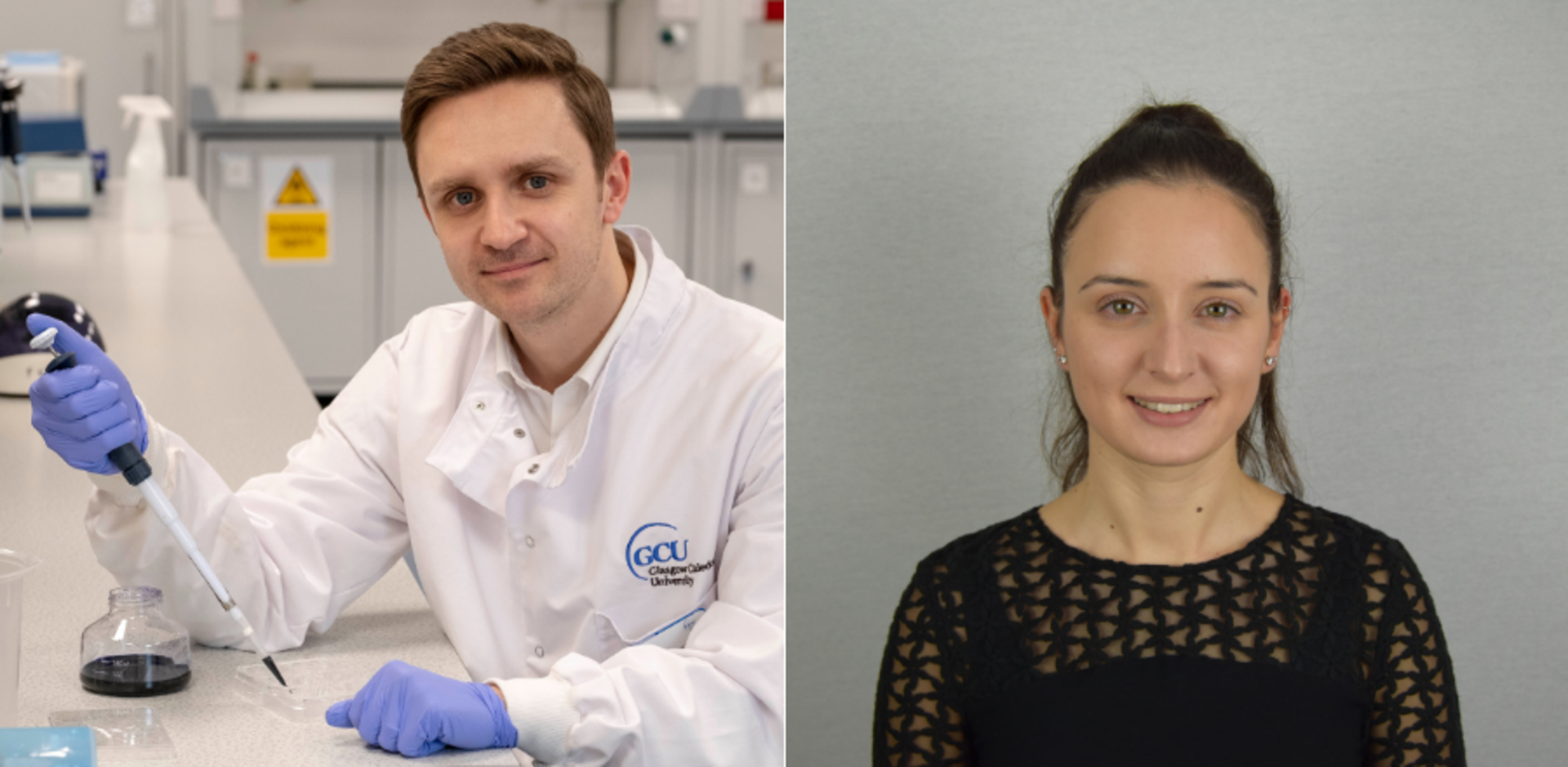Blood cancer research reaches ‘significant milestone’

Research led by Glasgow Caledonian University (GCU) blood cancer scientist Dr Mark Williams investigating new targeted treatments for Acute Myeloid Leukaemia (AML) has reached a “significant milestone”.
Dr Williams and his PhD student Katie Miari have just had their first peer-reviewed paper on drug resistance, from the University's blood cancer research lab, published in the Frontiers in Cell and Developmental Biology journal.
The review paper ‘Macrophages in Acute Myeloid Leukaemia: Significant Players in Therapy Resistance and Patient Outcomes’ highlights the importance of immune cells called macrophages in driving resistance to therapy.
Macrophages are large white blood cells that are an integral part of the immune system. Their job is to locate microscopic foreign bodies and ‘eat them’.
Other co-authors of the paper include world-leading AML expert Professor of Pharmacology in Medicine Monica Guzman, from Weill Cornell University in New York, and Professor of Stem Cell Regulation Helen Wheadon, from Glasgow University’s Paul O’Gorman Leukaemia Research Centre.
Dr Williams said: “This is the first publication to come out of the Lab, which highlights the importance of these immune cells called macrophages as potential new therapeutic targets for AML in the future, and represents a significant milestone in our research, along with findings from our preliminary studies.
“These findings are particularly important as the development of cancer drug resistance is a major contributing factor towards poor survival rates and quality of life in AML patients.”
Katie added: “While still in its infancy, this field shows great potential for the discovery of novel therapeutic targets that could significantly improve patient outcomes. It is truly a privilege to be part of the first publication originating from the newly established Williams Lab and at such an early stage of my career.”
Professor Guzman said: “This review highlights the critical role that macrophages play in this context, importantly highlighting potential therapeutic avenues that could improve the dismal outcomes of AML.”
Professor Wheadon said that despite improvements in treatment options for AML patients, outcomes have remained poor with a high rate of disease reoccurrence.
“Emerging evidence indicates that this is through leukaemic stem cells - the roots of leukaemic disease - evading treatment through cell interactions and signals within the bone marrow. Research suggests macrophages play an important role in promoting and protecting AML cells within the bone marrow,” she added.
